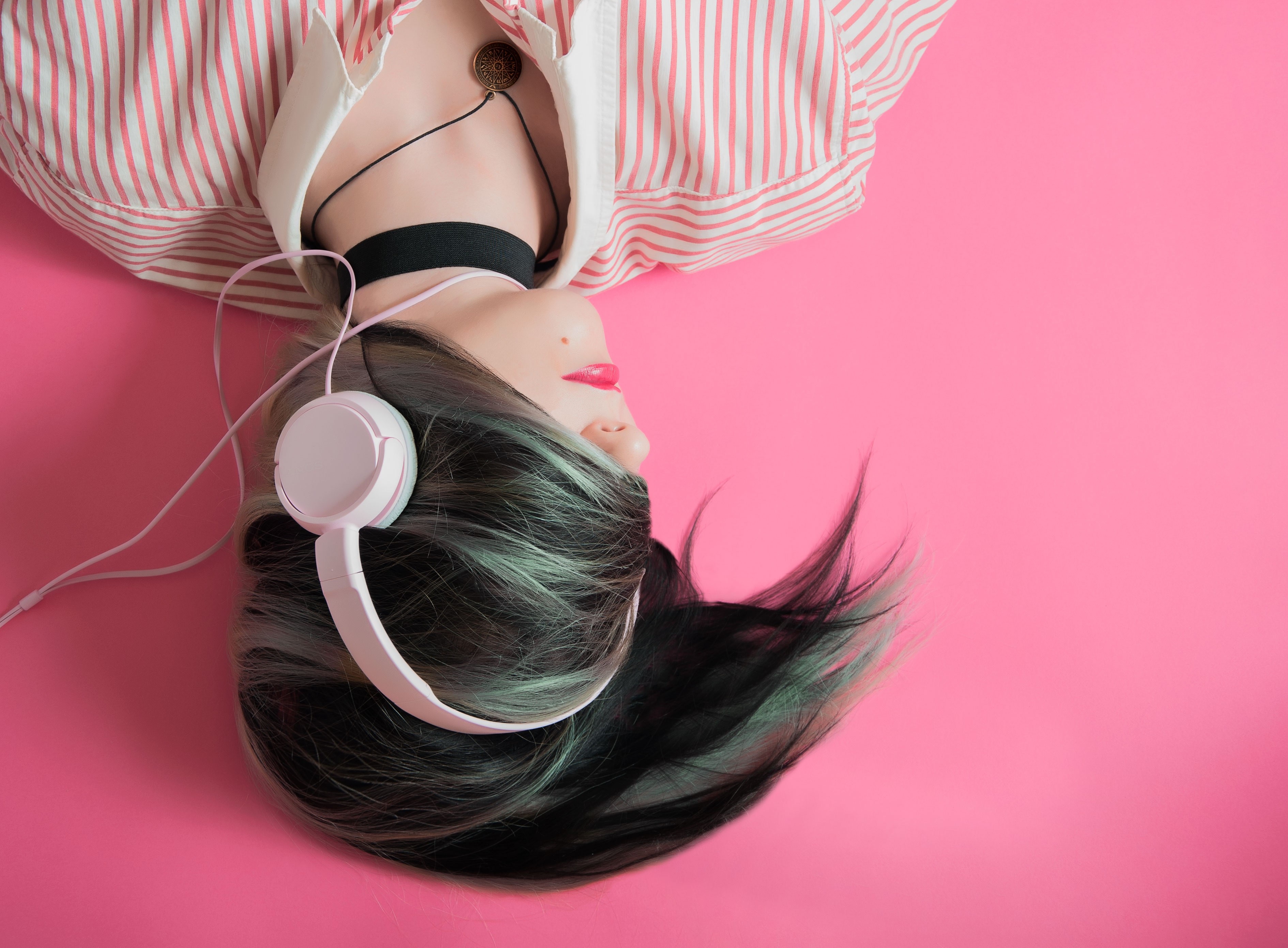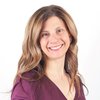Even from Home Studios, NPR Sponsorships Deliver for Listeners, Brands

The coronavirus crisis is making it difficult for audio companies to utilize their state-of-the-art studios, but their work must go on. At NPR's sponsorship subsidiary National Public Media (NPM), producers working on custom audio Brand Soundscapes for brand partners have had to adjust their production techniques. Brand Soundscape messages feature a voice from the sponsor and those individuals are now recording remotely from home rather than in-studio. To prepare, NPM's lead audio producer, Shannon Boerner, quickly sourced and tested potential tools and recorded the first remote spot. While the team pulled together the technical requirements, NPM didn't want to sacrifice quality or listener experience.
To assess how the at-home spots compared to studio-produced messages, the organization called on its partner Veritonic, which offers copy testing and optimization to assess listener reactions. Listeners heard two spots and were asked assess the sound quality, and 87 percent said the audio quality was good or very good. Both mid-rolls performed above the Veritonic benchmark average and brand-intent ratings scored higher for the audio featuring a customer voice than standard mid-rolls. As media organizations continue to adjust to working under Covid-19 restrictions, Bryan Moffett, NPM's Chief Operating Officer and Erica Osher, Senior Director for NPR Sponsorship Products and NPM Creative, discussed how NPM is coordinating remote production, what the Veritonic data says about remote production quality, and how NPR sponsorships deliver positive equity association for brands.
Alli Romano: The coronavirus has upended the audio industry and forced organizations to be nimble. What did it take to make this possible?
Erica Osher: Most of the individuals featured in Brand Soundscapes aren't professional talent - they are actual customers or employees of the brands we're working with - so they likely do not have a home studio. We are providing featured speakers with a USB microphone and simple recommendations to make the best possible in-home studio setting with what they have available. Small things like avoiding rooms with high ceilings and choosing a location away from vents can make a big difference in audio quality.
Romano: Is this something that you've practiced or prepared for?
Osher: NPM prides itself on producing best-in-class audio for our sponsors and that's not changed. We have extensive experience conducting interviews remotely in-studio, so we have strategies to make talent feel comfortable and to speak naturally even when we aren't face-to-face. We have also recorded audio on-location in places with less than ideal acoustics for recording, so cleaning up imperfect audio is not a totally new experience.
Romano: What surprised you from the Veritonic data? What did it confirm?
Osher: I was pleased to see that the vast majority of listeners did not perceive a difference in audio quality with the remotely recorded audio. In this case, the data showed that the power of having an actual customer's voice has a larger impact on engagement than having perfect audio quality.
Romano: Are you going to make any changes as a result of the feedback?
Osher: Overall, the test results are an affirmation of the steps that we're taking now. We'll continue to be transparent with our listeners and disclose that the speaker is on the phone in our introductions. Although the vast majority of listeners didn't notice a difference in quality, we want to prepare them for any slight difference in the ambient sound. We will continue to iterate as we test new equipment to ensure that the audio quality is always top notch and to come as close as possible to studio-quality sound.
Romano: How are you using this information in your conversations with current sponsors and prospective clients?
Bryan Moffett: We've always tried to educate brands about the value of authentic, fact-based messaging with the NPR audience, and that's more true now than ever before. A new study from Ipsos found that 61 percent of people agree "now more than ever it is important to hear from brands to know what they stand for." It is critical brands strike the right tone with the messages: be helpful and informative, rather than overly sales-y.
Romano: What does this say about public media sponsorship and its effectiveness for brands?
Moffett: Public media has always been a trusted source for our audience, and that has a halo effect for the sponsors who support NPR: 75 percent of NPR listeners hold a more positive opinion of brands that support NPR. Our audience is open to changing opinions about issues or brands, and in this unique time, they are eager to learn not just what's happening in the world and their local community, but also how brands are responding to this crisis. Which brands are supporting their employees? Protecting their customers? Looking for ways to help local communities? NPR sponsorship offers a uniquely effective place to provide this type of messaging.
Romano What are the biggest takeaways from this data and this experience so far?
Osher: We know our audience expects best-in-class audio quality, and it was validating to see that all the work we put into creating a successful remote-recording experience paid off. We have had to adapt and learn quickly to adjust to these new realities, and we are proud to continue offering high-performing custom audio solutions to our sponsors. We are all learning from each other and the collaboration has been inspiring.
Click the social buttons to share this story with colleagues and friends.
The opinions expressed here are the author's views and do not necessarily represent the views of MediaVillage.com/MyersBizNet.


